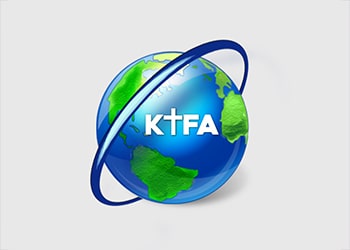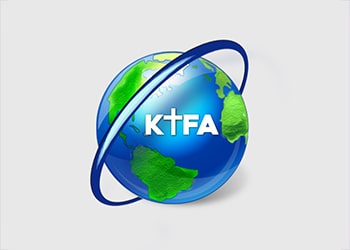The Central Bank takes binding measures to combat money laundering in Iraq
The Central Bank of Iraq revealed, today, Friday, its measures in the field of combating money laundering and terrorist financing, confirming that it had also issued binding decisions in this regard.
The representative of the Anti-Money Laundering and Terrorist Financing Office at the Central Bank, Hussein Al-Mukarram, told the official news agency, Mawazine News, that “Iraq’s procedures regarding combating money laundering and terrorist financing are represented in the issuance of the Anti-Money Laundering and Terrorist Financing Law No. (39) of 2015 and many regulations. The instructions, controls, circulars and guidelines in particular, which were all issued in light of international requirements and standards and in accordance with local requirements.
He added that “the identification of the supervisory and supervisory authorities on the business sector and the specific non-financial professions has been completed and the due diligence controls for combating money laundering and terrorist financing have been prepared for each sector, the last of which is the real estate sector.”
He stressed that “there are decisions that included obligating all financial institutions to form departments to report suspicious financial transactions and give them independence in their tasks, and to prepare a guide for policies and procedures to combat money laundering and terrorist financing in light of which work is carried out and to be available to all workers in financial institutions.”
He added, “The procedures also included obligating financial institutions to acquire electronic systems to combat money laundering and terrorist financing for the purpose of extrapolating the monitoring of suspicious financial operations and reporting them to the Anti-Money Laundering and Terrorist Financing Office,” noting that “Iraq is committed to all international requirements to combat money laundering and terrorist financing issued by the working group.” Finance (FATF), in addition to completing the conditions for joining the Egmont Group.
He pointed out that “many specialized training courses have been held in combating money laundering and terrorist financing, combating financial crimes, penalties and bans, and employees of banking and non-banking financial institutions have been involved in them.”
And he indicated that “the measures taken by the Anti-Money Laundering and Terrorist Financing Office at the Central Bank of Iraq, including:
1. Acquisition of the (go-AML) system, which is concerned with receiving reports and financial data through electronic linkage with all the parties obligated to report.
2. Preparing systems and databases For the office, which includes data and information from other parties that help analysts to complete the financial investigation procedures
3. Holding memoranda of bilateral cooperation with various parties within the anti-money laundering and terrorist financing system to facilitate the exchange of information, and concluding several memoranda of understanding with counterpart units in other countries similar to the work of the office.
4. Continuing to train employees of other sectors in ministries, government departments and the public sector for the purpose of spreading awareness of combating money laundering and terrorist financing based on the comprehensive training plan prepared by the office for this purpose, and the office continues to involve its employees in workshops and training courses offered by various organizations He explained that “these procedures resulted in an increase in the number of suspicious financial transactions received by the Office from various entities obligated
to report, which resulted in an increase in the reports submitted by the Office to the Public Prosecution Presidency to take the necessary action. Regarding it, there were (15-25-34-24-39) reports during the years (2017 and 2021) respectively, and each report included a number of reports on a number of companies and people, and this increase was reflected in the issuance of a large number of convictions by the competent courts. .
He stressed that “the increase in the transmitted reports is a result of the measures taken to encourage financial institutions to report suspicious transactions and exchange information with law enforcement agencies, which contributed to the completion of the analysis of those transactions and the identification of suspicions of money laundering and terrorist financing.” Ended 29 / M 99
https://www.mawazin.net/Details.aspx?jimare=198157





